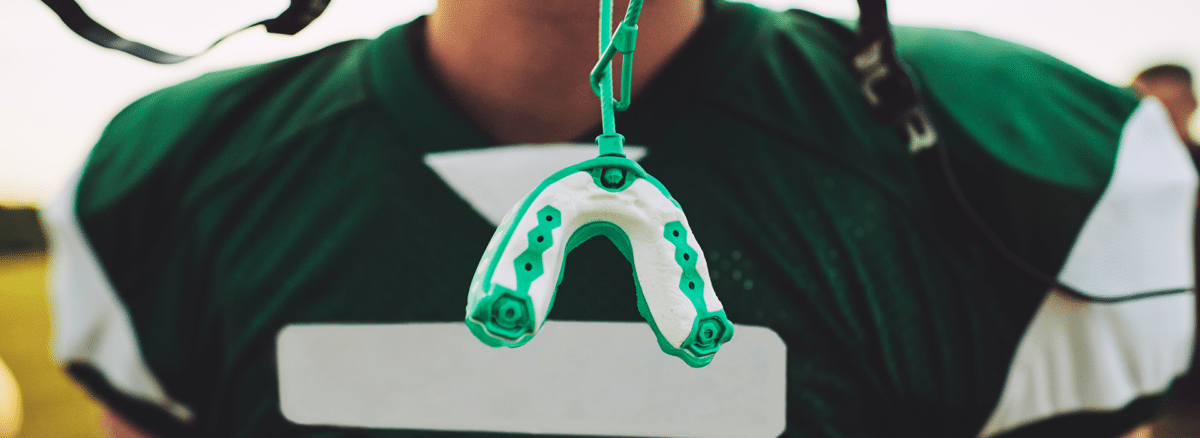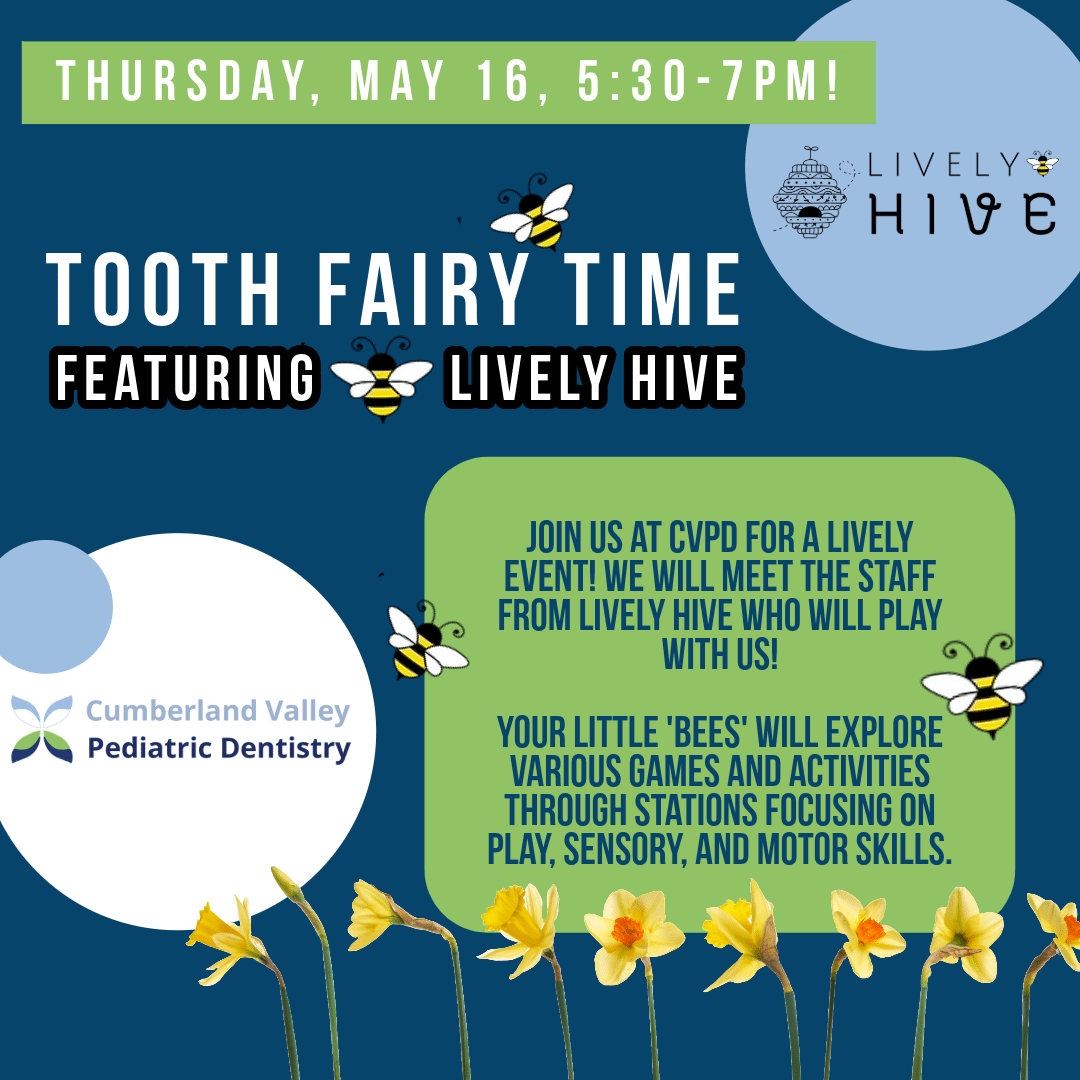How to Handle Dental Injuries During Sports: A Guide for Camp Hill Parents
When kids hit the field, court, or rink, they’re giving it their all—but sometimes that passion comes with a price. A stray ball, a hard fall, or an accidental collision can result in a dental injury in the blink of an eye. For parents in Camp Hill, PA, being prepared to respond can make all the difference when it comes to saving your child’s smile and easing their pain. Whether it’s a chipped tooth, a cracked molar, or a tooth that’s been knocked out entirely, knowing how to act quickly and correctly is essential.
Understanding the Most Common Dental Injuries in Youth Sports
Children who play sports are most likely to suffer from chipped, cracked, or fractured teeth. More serious incidents can result in a knocked-out tooth—known medically as an avulsion—or injuries to the soft tissues inside the mouth, such as the lips, cheeks, or tongue. These injuries can be alarming, but many are treatable if handled properly and without delay.
What to Do When a Dental Emergency Happens
If your child chips or cracks a tooth, begin by rinsing their mouth gently with warm water to clear away any debris and reduce the risk of infection. If you’re able to locate the broken piece, store it in milk or your child’s saliva. This helps preserve the fragment in case your pediatric dentist is able to reattach it. You can also apply a cold compress to the outside of the cheek to reduce swelling. The most important thing you can do is call your pediatric dentist immediately to schedule an emergency visit.
When a tooth is completely knocked out, time is truly of the essence. Acting within 30 minutes gives the best chance of saving the tooth. If you find it, handle it only by the crown (the white part), not the root. If the tooth is dirty, rinse it gently with milk or your child’s saliva—never water—and do not scrub it or remove any attached tissue. If your child is old enough and cooperative, try reinserting the tooth into the socket and have them gently bite down on a clean cloth to hold it in place. If reinsertion isn’t possible, place the tooth in a small container of milk or saliva, or tuck it inside your child’s cheek (if they’re old enough not to swallow it). Avoid using plain water and never let the tooth dry out. Then, get to your pediatric dentist or an emergency dental clinic as fast as possible.
Soft tissue injuries, like cuts to the lips, cheeks, or tongue, can also be distressing. Apply gentle pressure with a clean cloth to stop the bleeding and use a cold compress to help with swelling. If bleeding is heavy, doesn’t stop after several minutes, or if the wound looks deep, don’t hesitate to seek emergency medical attention.
When to Seek Emergency Dental Care
In general, any dental injury involving severe pain, swelling, fever, or trouble breathing should be treated as a medical emergency. Even when the injury seems minor—like a small chip or crack—it’s still important to call your pediatric dentist as soon as possible. Practices like Valley Pediatric Dentistry in Camp Hill offer emergency appointments and are well-equipped to help your child recover quickly and comfortably.
How to Prevent Sports-Related Dental Injuries
While you can’t always prevent accidents, there’s a lot you can do to reduce the risk. The most effective way to protect your child’s teeth during sports is by having them wear a mouthguard. Custom-fitted mouthguards provided by a dentist offer better protection and comfort than store-bought versions—and they may even help reduce the risk of concussion. For higher-impact sports like baseball, hockey, or softball, pairing a mouthguard with a helmet or an ASTM-certified face protector adds an extra layer of defense.
It’s also worth considering early orthodontic care. Kids with prominent front teeth—commonly known as “buck teeth”—are at greater risk of trauma during a fall or collision. An early orthodontic evaluation may help reduce that risk. Finally, encourage a team-wide culture of safety by advocating for consistent use of protective gear like mouthguards and helmets during practices and games.
Pediatric Dental Care in Camp Hill
If your child experiences a dental emergency, local practices like Valley Pediatric Dentistry are ready to help. In addition to handling urgent care, they offer custom mouthguards and helpful guidance on injury prevention, so your young athlete can stay focused on the game with confidence.
“A smile is one of the most important things your child will ever wear, but that smile is at risk of getting injured if your child plays sports.”
Knowing how to respond to dental injuries—and taking steps to prevent them—can help keep your child’s smile safe, healthy, and bright. If an injury happens, stay calm, act quickly, and reach out to your pediatric dentist right away. Your fast and informed action could be the reason your child keeps smiling—on and off the field.
- May 21, 2025
- Uncategorized


